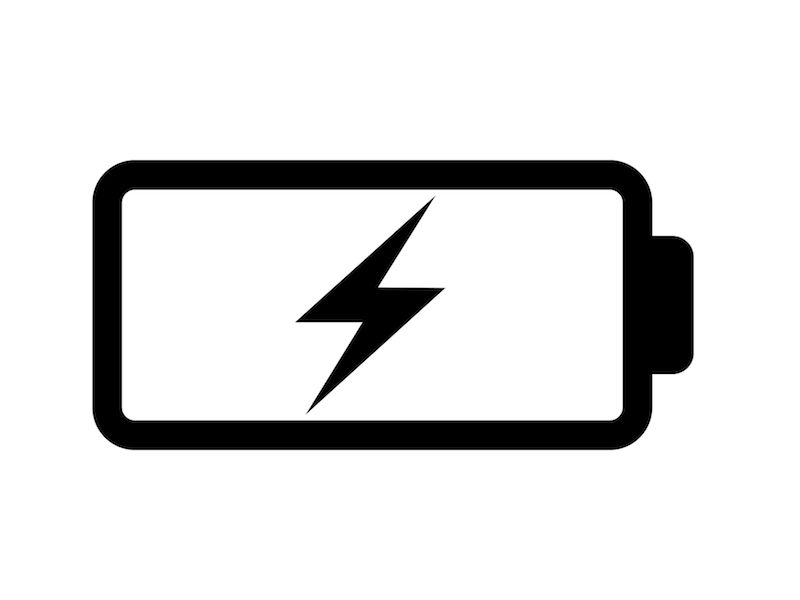
Stressing about running low on batteries is something you shouldn’t have to do with rechargeable hearing aids, but when you depend on this technology, it might make you slightly anxious. Do rechargeable hearing aids work, and do they work as well as advertised?
Those questions are understandable, as is the accompanying anxiousness. A hearing aid is often as necessary for the enjoyment of a television show or a movie as it is for a trip to the supermarket or any other part of daily life. When a piece of technology affects so many areas of your life, it’s essential that it work correctly and dependably.
How Do I Know What Kind of Battery I Have?
Most modern-day hearing aids are equipped with rechargeable batteries by default, so if you bought your hearing aids recently it’s likely that your hearing aids will have one of two battery types. Silver-zinc batteries, which have a battery door on the back of the device, are rechargeable, but the batteries may have to be changed every so often. A Lithium-ion battery, however, will not have a battery door because the batteries will last as long as the hearing aid does.
How to Care For Your Rechargeable Hearing Aid
For the most part, rechargeable hearing aids do work, and they work well. As battery technology has advanced in the last few years, the reliability of these devices has increased dramatically. In order to improve reliability, however, there are a few maintenance measures users can take as they would with any other electronic technology.
- The Charging Station is Where Your Hearing Aids Should be Stored: If your hearing aids have rechargeable batteries, you can extend the battery life of your device by ensuring that you consistently store your hearing aids on their charging station. Charging a battery that is not completely drained does not reduce the long term life of your battery. In fact, making sure that your hearing aids are charging when you’re not using them can actually benefit your long-term battery life. For many people, putting their charging station next to their bed is a convenient reminder to charge the devices when not in use.
- Keep Your Hearing Aids Dry and Clean: No matter how often you use or do not use your hearing aids, they have abundant occasion to collect moisture, debris, and dust. Your hearing aid might not thoroughly charge if it is exposed to any of these three things. When connecting your hearing aid to your charging station, as with any other time, it’s essential to keep your device clean.
- Be Careful of Wires: Most hearing aids will contain a wire element of some kind, either on the hearing aids themselves or on the charging station. Being mindful of these wires is important for hearing aid users; do not pull or hold your device by these wires as this will damage the connections that enable your hearing aid to charge.
How to Change a Rechargeable Battery
Lithium-ion batteries should last the lifespan of your device. So replacing those batteries shouldn’t be something you ever have to worry about. Your hearing aids can then be simply charged as long as necessary.
Hearing aids that rely on silver-zinc batteries, however, may call for fresh batteries occasionally. Replacing batteries in the correct way can help increase the lifespan of your hearing aids. Because of this, hearing professionals suggest the following:
- Make sure you have a dry, room temperature spot to keep your batteries.
- Be sure you wash your hands before changing your hearing aid batteries.
- Confirm that your battery compartment is free of moisture and clean.
- Five minutes before taking off any tabs that might be attached let the batteries sit at room temperature.
- Until you’re ready to use the batteries, don’t remove the plastic tabs or packaging.
Long Periods of Non-Use
Leaving your hearing aids on the charger over extended periods of time is no longer the way to store your hearing aids. Just disconnect your hearing aid and put it in a cool dry spot if, for example, you know you won’t be wearing them for a few weeks or a month.
Consider leaving the battery door open so you can stop moisture from corroding the batteries if you use silver-zinc batteries.
Rechargeable for Everyday Use
For most people, and for everyday use, charging your hearing aids once a day should be sufficient for all of your needs. To get 24 hours worth of battery life with a lithium-ion battery will usually only require 3-4 hours every day.
Do rechargeable hearing aids work? Not only do they work, but rechargeable hearing aids will likely become more and more common and reliable as the technology continues to improve. To see all the different models, get in touch with your local hearing aid retailer.
